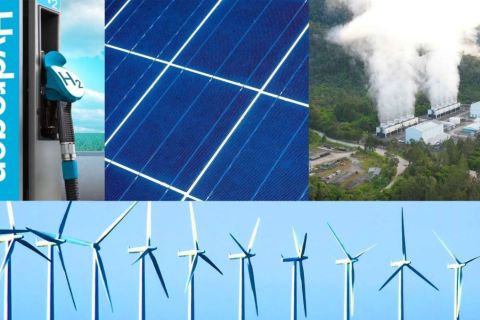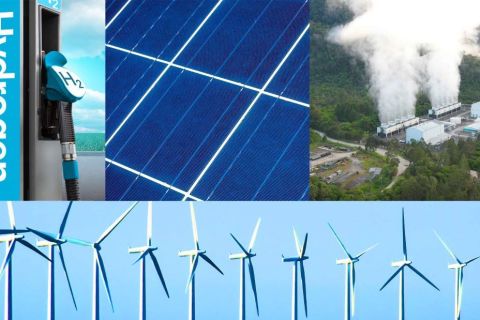U.S. dry natural gas production will rise to an all-time high of 91.03 billion cubic feet per day (Bcf/d) in 2019, breaking last year’s record of 83.39 Bcf/d, the U.S. Energy Information Administration (EIA) said in its Short Term Energy Outlook (STEO) on Aug. 6.
The latest output projection for 2019 was down from EIA’s 91.35 Bcf/d forecast in July.
EIA also projected U.S. gas consumption would rise to 84.65 Bcf/d in 2019, beating the record-high of 82.07 Bcf/d a year ago.
The 2019 demand projection in the August STEO report was up from EIA’s 84.59 Bcf/d forecast for the year in July.
EIA projected output in 2020 would rise to 92.50 Bcf/d but demand would slide to 83.96 Bcf/d.
The agency forecast U.S. net gas exports would reach 5.2 Bcf/d in 2019 and 8.1 Bcf/d in 2020, up from 2.0 Bcf/d in 2018. The United States became a net gas exporter in 2017 for the first time in 60 years.
EIA projected gas would remain the primary U.S. power plant fuel in 2019 and 2020 after supplanting coal in 2016.
It projected the share of gas generation would rise to 37% in 2019 from 34% in 2018 before slipping to 36% in 2020.
Coal’s share of generation was forecast to slide to 24% in 2019 and 2020 from 28% in 2018.
Nuclear’s share of generation will hold around 20% in 2019 and 2020, while renewables will rise from 17% in 2018 to 18% in 2019 and 19% in 2020.
EIA projected the power sector would burn 538.1 million short tons of coal in 2019, the lowest since 1979, and 525.9 million tons in 2020, the lowest since 1978. That compares with 636.5 million tons in 2018, the lowest since 1983.
Recommended Reading
Braya Renewable Fuels Begins Commercial Operations at Revamped Refinery
2024-02-23 - The Come By Chance refinery in Newfoundland and Labrador produces renewable diesel instead of petroleum diesel.
Energy Transition in Motion (Week of Feb. 9, 2024)
2024-02-09 - Here is a look at some of this week’s renewable energy news, including the latest on a direct lithium extraction technology test involving one of the world’s biggest lithium producers and the company behind the technology.
Energy Transition in Motion (Week of March 1, 2024)
2024-03-01 - Here is a look at some of this week’s renewable energy news, including Chevron’s plans for a solar-to-hydrogen facility in California.
Bunge, Chevron Announce FID on Oilseed Processing Plant
2024-03-05 - Bunge Chevron Ag Renewables' facility will be used to manufacture low carbon renewable fuels from oilseed.
CERAWeek: NextEra CEO: Growing Power Demand Opportunity for Renewables
2024-03-19 - Natural gas still has a role to play, according to NextEra Energy CEO John Ketchum.





